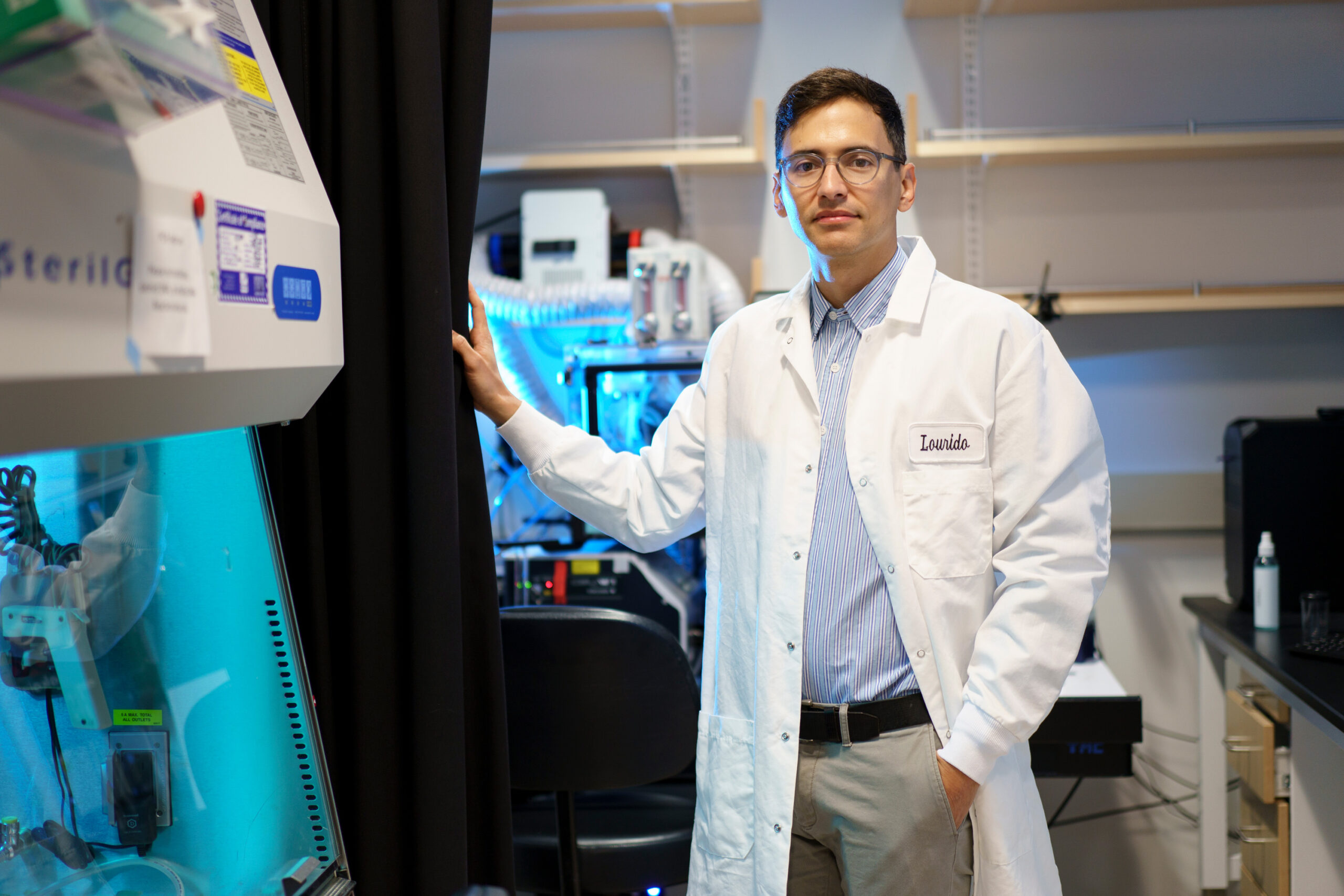Linzixuan (Rhoda) Zhang, a PhD candidate in the MIT Department of Chemical Engineering, has recently distinguished herself by winning the prestigious 2024 Collegiate Inventors Competition, earning accolades in both the Graduate and People’s Choice categories. Her pioneering work focuses on developing materials designed to stabilize nutrients in food, aimed at enhancing global health.
This annual competition, hosted by the National Inventors Hall of Fame and the United States Patent and Trademark Office (USPTO), celebrates the creativity and innovation of college and university student inventors. Finalists present their groundbreaking inventions to a distinguished panel of judges, which includes inductees from the National Inventors Hall of Fame and esteemed officials from the USPTO.
Zhang is no stranger to recognition; she is a three-time awardee of the Koch Institute Image Awards in 2022, 2023, and 2024, as well as having been a 2022 fellow at the MIT Abdul Latif Jameel Water and Food Systems Lab.
“Rhoda is an exceptionally dedicated and creative student. This well-deserved award showcases the potential of her research on nutrient stabilization, which could significantly impact society,” says Ana Jaklenec, one of Zhang’s advisors and a principal investigator at MIT’s Koch Institute for Integrative Cancer Research. Zhang is also guided by David H. Koch (1962) Institute Professor Robert Langer.
Pioneering Solutions for Global Health
Micronutrient deficiencies affect nearly 2 billion people globally, highlighting an urgent need for effective solutions, particularly for vulnerable groups like children and pregnant women who face heightened risks from iron deficiency. Such deficiencies can compromise immune systems and hinder developmental progress.
The World Health Organization has recognized food fortification as a cost-effective solution, yet many existing methods have limitations. Nutrients like iron can degrade during cooking or processing, and synthetic additives often pose environmental and economic challenges.
In response, Zhang and her collaborator, Xin Yang, a postdoctoral associate at the Koch Institute, embarked on a mission to develop innovative technologies for nutrient fortification that are effective, sustainable, and accessible. Their groundbreaking invention, nutritional metal-organic frameworks (NuMOFs), led to the creation of MOFe Coffee, heralded as the world’s first iron-fortified coffee. These NuMOFs not only protect essential nutrients like iron during food storage but also enhance their bioavailability upon consumption.
The idea for this fortified coffee draws inspiration from the success of iodized salt, which drastically reduced iodine deficiencies worldwide. By fortifying coffee—a staple drink often associated with low iron absorption—this approach directly addresses a prevalent nutritional challenge.
However, replicating the iodized salt success with iron fortification has proven daunting due to iron’s inherent reactivity and the instability of iron(II) salts. Leveraging their expertise in material science, chemistry, and food technology, Zhang and Yang developed a viable solution to overcome these hurdles.
The introduction of fortified coffee provides a practical avenue for individuals to boost their iron intake seamlessly, as it integrates into daily routines and offers significant benefits, especially for women who are more affected by iron deficiency. The team is looking to expand their technology to incorporate additional nutrients, aiming to tackle a wider spectrum of nutritional deficiencies and foster global health equity.
Accelerating Global Health Solutions
Zhang and Yang, part of the Jaklenec Group, are committed to both the commercialization of their product and continuous research aimed at optimizing MOFe Coffee for enhanced nutrient stability while ensuring it remains enjoyable to consumers.
Winning the CIC competition positions Zhang, Yang, and their team to expedite their patent application with the USPTO, a crucial step toward attracting investors and partners necessary for scaling their work. A streamlined patent process will enable the team to bring their innovative technology to market faster, helping to improve nutrition and health for those in need on a global scale.
“Our ambition is to make a genuine difference in tackling micronutrient deficiencies worldwide,” states Zhang.
Photo credit & article inspired by: Massachusetts Institute of Technology



